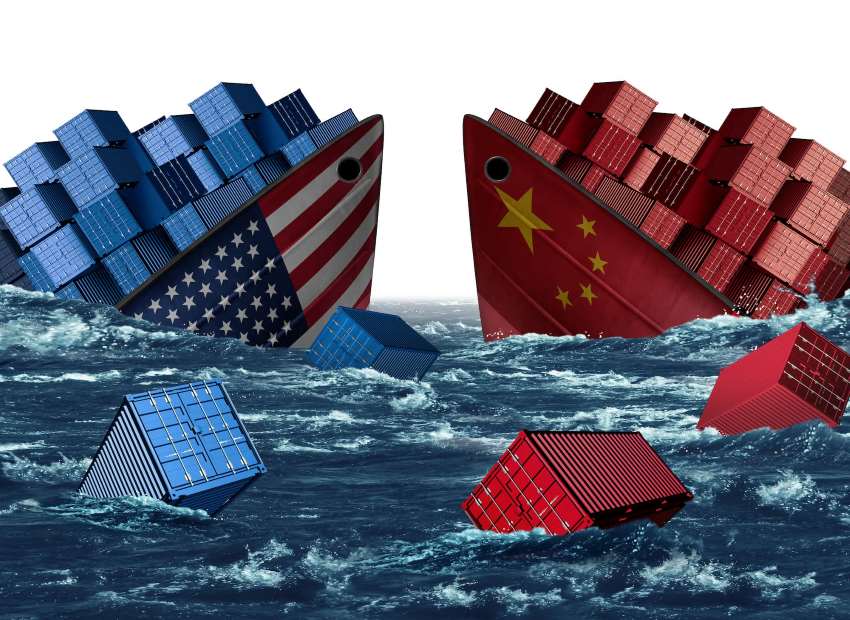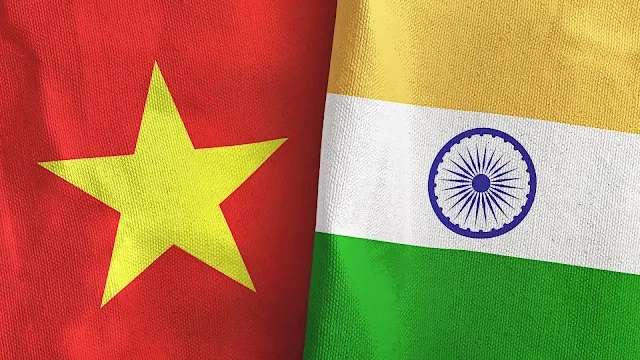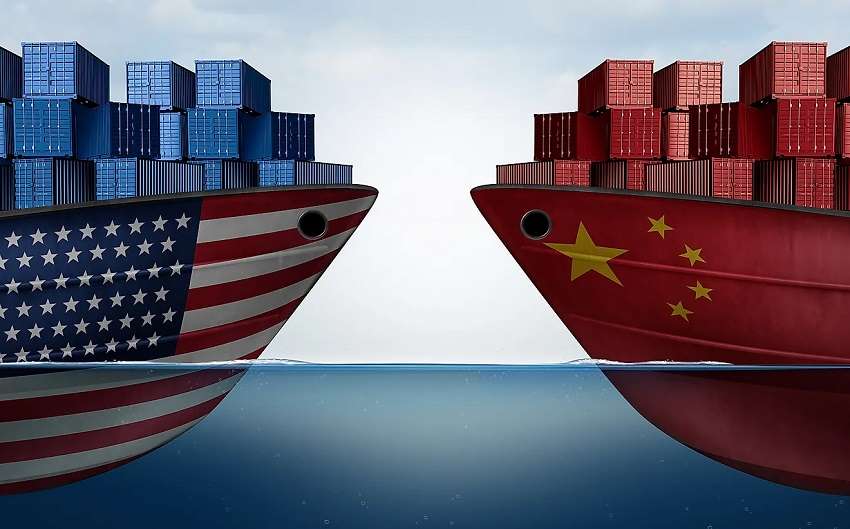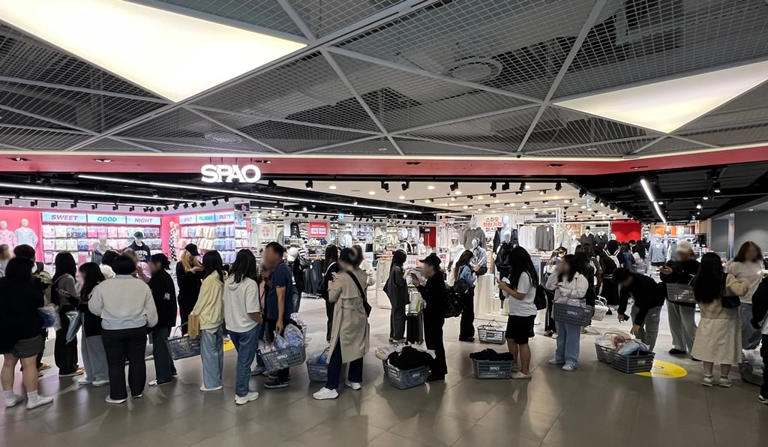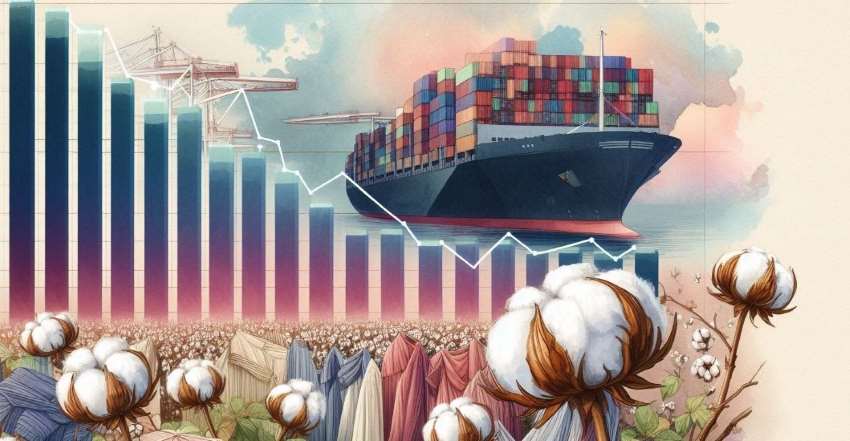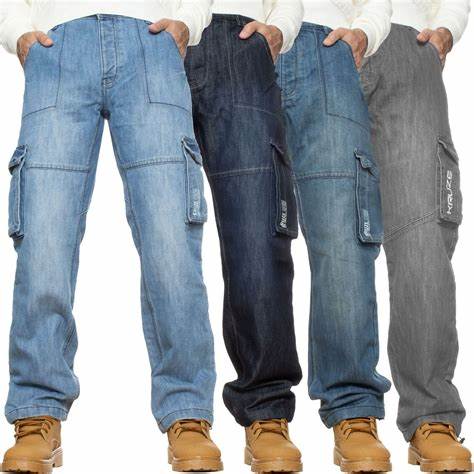As a regional free-trade agreement called P-4 between New Zealand, Chile and Singapore, the Trans Pacific Partnership (TPP) had a humble beginnings. Brunei too joined this alliance in 2006. Former US President George W Bush, in 2008 announced that the country too would join the TPP. Then, Australia, Peru and Vietnam joined in the negotiation and later, Canada, Mexico, Malaysia, and finally, Japan joined the list of 12 countries, which were supposed to control or link 40 per cent of the global economy.
The TPP countries would certainly enjoy privileges of lower or zero tariff for export on goods to the member countries. Thus, Bangladesh’s garments and textiles export sector too would be affected as the US and Canadian markets under TPP countries. This is of great concern for Bangladesh.
Bangladesh experts are sceptical about the full execution of this agreement. The ‘yarn forward’ clause is one of the reasons. This means, to qualify for preferential tariff, fabric has to be made from fabric woven in a member country or that fabric has to be made from yarn made in a member country.
Bangladesh needs to start the process to counter any possible effect of TPP on its exports. It is important to revive GSP status since this will be seen as the first obstacle to start any preferential trade talk. Also, soon after the alliance is reached, phase two will begin and new countries would join in. Thus, Bangladesh could look to be included in TPPs second phase.

